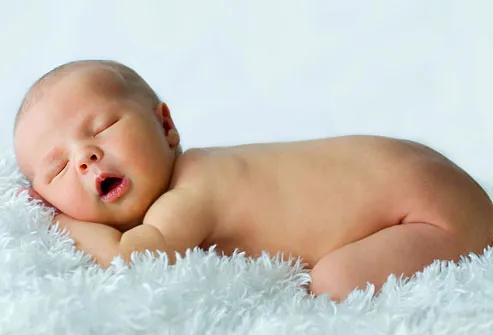
Babies are born with very gentle and fragile skin. New parents are often concerned about their baby’s skin, which is not surprising. A baby’s skin is very sensitive and he/she may probably develop rashes and allergies if proper skincare is not practiced.
New parents should be extremely careful about their baby’s skin needs and must use products that are natural and free of any chemical additives that may cause harm to the baby’s skin. Why? Well, here’s your answer-
Baby Skin Care:
Do you know a human being has the best skin when he or she is a baby? Proper skincare can ensure that your baby can maintain great skin all his/her life. Here you will learn how to take care of baby skin & we’ve listed some of the best ways to ensure optimum skin health for your precious little one.
1. Bathing:
Parents prefer to bathe their children every day. It is better to use shampoo and soaps which do not cause an allergic reaction to the baby. Wash your baby’s skin with lukewarm water and gentle soap. The room that you use to dry off your baby should be warm and all air conditioners and fans should be switched off to avoid the chill.
Do not try any new product on your baby’s skin. Do not use any antibacterial soaps as they may be too harsh for the sensitive skin of the baby. It is best to wipe the baby using natural cotton and smooth towels to ensure gently take the moisture out of the skin thereby staying away from unexpected scratch.
2. Powdering:
You need to be even more careful while choosing a talcum powder for your baby. Choose products that are designed specifically for babies and avoid using powders that have fragrances and other chemicals as they may irritate the baby’s sensitive skin.
Stay away from powders that contain grains and choose herbal powders, especially for the diaper area. As a rule, it is best if you avoid powdering the diaper area, as it may lead to future complications or infections.
3. Nappies and Diapers:
The diapers that are used for babies are actually helpful for keeping the baby clean and fresh. However, certain diapers may also irritate the baby’s skin and may cause rashes or infections. It is best to change the diaper as soon as you find your baby has ‘used’ it.
If you find that skin is irritated at the diaper area, choose another variety or brand- your baby has a diaper rash. Remember to change your baby’s diaper as soon as he dirties it because letting it stay for too long can cause infections.
While most newborns are prone to rashes, you need to take certain preventive measures and avoid them in the first place. Here are some guidelines you should follow for your newborn baby skincare.
4. Diaper Trouble:
Diaper rashes often occur due to skin irritation due to wet diaper left on for too long, too-tight diapers or due to the use of a specific soap, wipes or diaper.
5. Skin Problems:
Generally, lots of babies have birthmarks (areas of skin have a slight discoloration) and this condition is not hereditary. Parents need not worry about birthmarks, as they cause absolutely no harm to the baby and needs no treatment.
6. Dry Skin:
If your baby has dry skin, use a natural moisturizer to keep the skin hydrated, soft and supple. Pure coconut oil is a favorite.
7. General Baby Skin Care Tips:
The newborn baby's skin is very delicate and so is their immune system.
I hope our post on baby skincare will make you understand that your baby’s sweet, sensitive skin needs nothing but the best care.

No comments:
Post a Comment